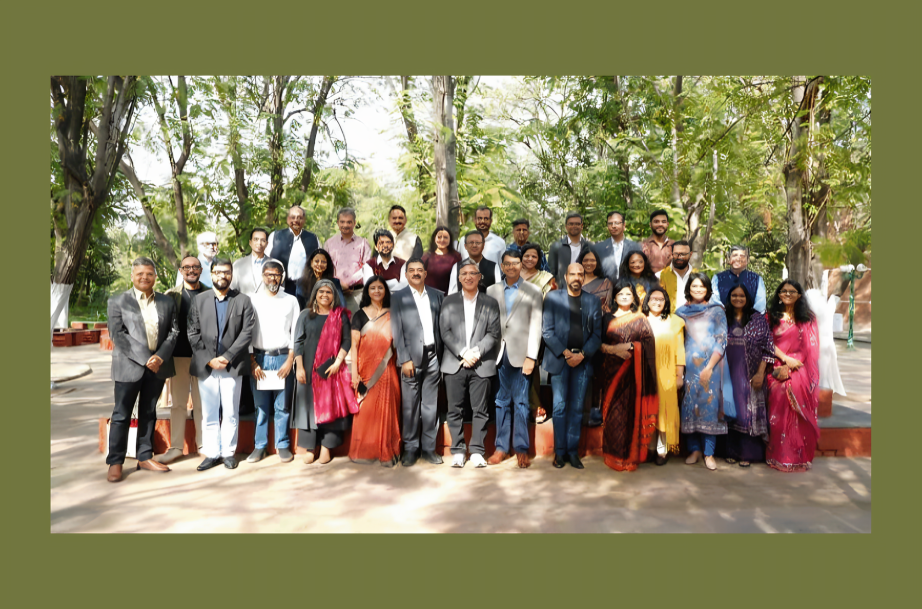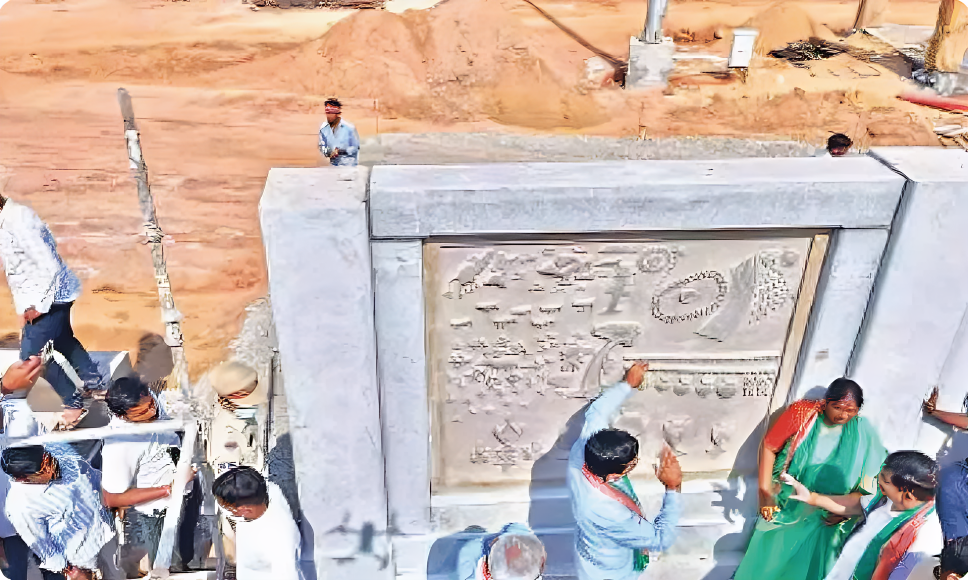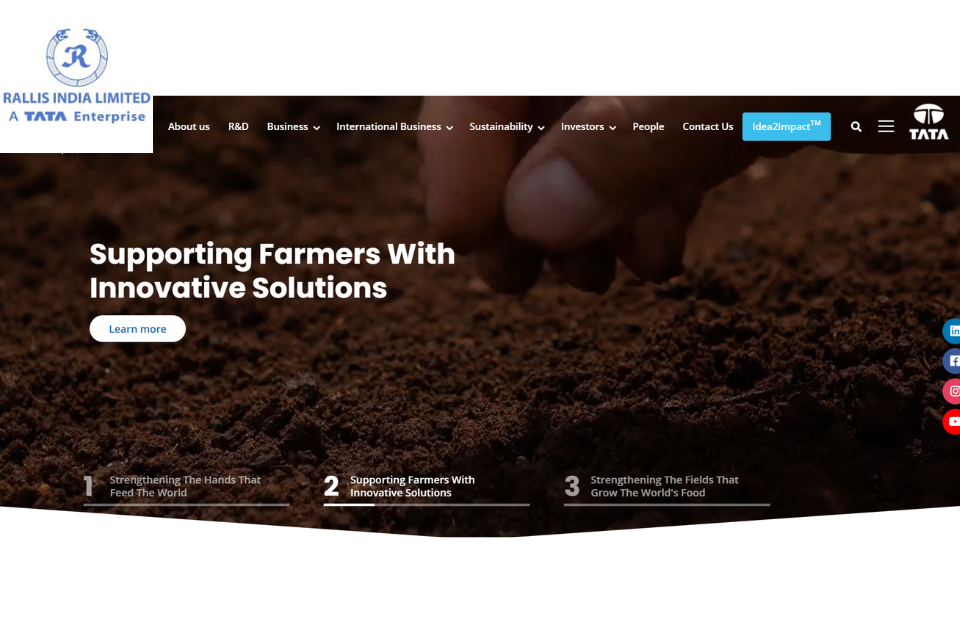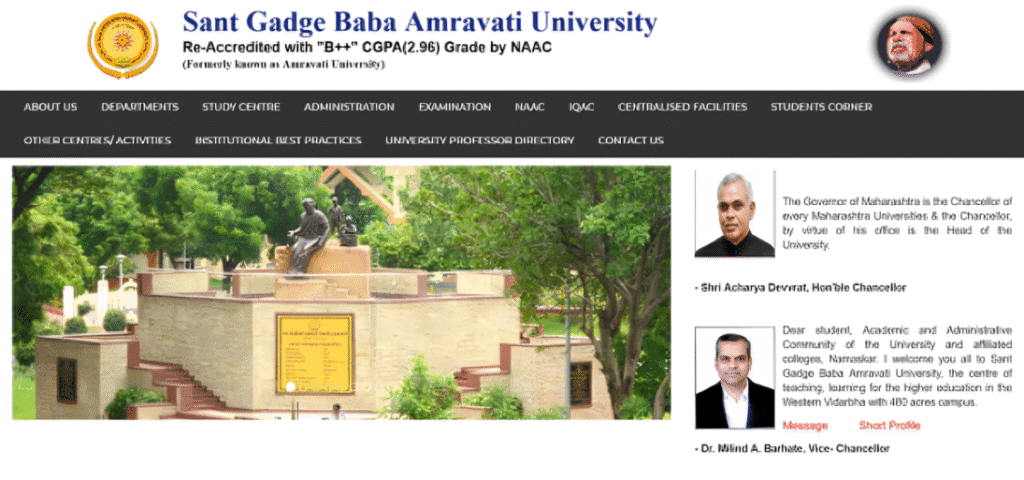AI disruption is reshaping jobs within India’s $245 billion technology and customer experience (CX) sectors
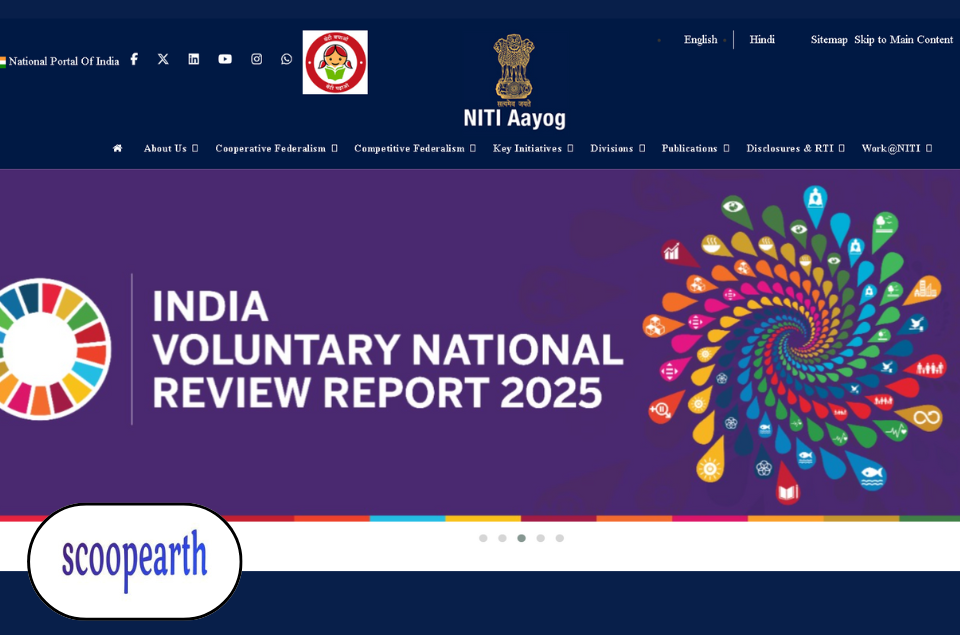
SUMMARY
A recent report by NITI Aayog, called Roadmap for Job Creation in the AI Economy, indicates that Artificial Intelligence (AI) is pioneering a new age in the technology services sector in India as well as the national workforce at large. The report admits that AI upheaval is already transforming employment in the $245 billion technology and customer experience (CX) sectors of the Indian economy, which are employing more than 9 million people altogether. It is expected that the rates of change in these areas will be the fastest.
Opportunities and the risk of becoming redundant
The report particularly points out that there are some routine job functions that are at risk of being rendered redundant unless immediate action is taken. The roles at risk are mainly QA engineers and Level 1 support staff. The work, worker, and workforce analysis, which perceives AI as an opportunity in work, indicates that although AI is likely to cause severe job displacement in some of these jobs by 2031, this change offers an irreplaceable opportunity that India should take the initiative to exploit.
The NITI Aayog roadmap provides an attractive view of how the country grows despite the possibility of job displacement. India can sustainably generate up to 4 million new employment opportunities within the next 5 years, provided that an integrated national approach is taken and implemented swiftly. The report points out the main distinction between job loss and job creation, which is directly based on the decisions and actions of the present day. The long-term goal is to see India not only survive the shocks of AI but also become the AI jobs and talent hub of the world by 2035.
National AI Talent mission and the three pillars of the AI economy
The NITI Aayog urges that a National AI Talent Mission be created to convert the disruption into a monumental opportunity. This is an ambitious, nationally coordinated initiative that is suggested to place the nation at the forefront of the AI workforce capital of the world. The direction ahead, based on the document, depends on massive skilling, reskilling, and innovation trajectories. Through this mission-mode approach, India would be able to develop the creation of AI-first jobs, which are essential in enhancing global competitiveness. These emerging professions are AI trainers, AI ethics specialists, sentiment analysts, and AI DevOps engineers, among others.
The three pillars of the roadmap to job creation in the AI Economy are based on three key, interlinked pillars of a successful transition. The first pillar, which is AI Literacy, involves the wide-scale adoption of AI literacy throughout the education sector, such as schools, universities, and vocational training programs, to make it one of the core skills.
The second pillar is Building Reskilling Infrastructure, which aims at creating a powerful national reskilling engine that can efficiently upskill and reskill the millions of technology and CX workers that will have to make it through the reorganisation of the workforce. The third pillar is building the Global Hub, which seeks to increase India and make it an AI talent hub by retaining national talent, bringing foreign talent, and providing a favorable innovation environment.
Close collaborations
According to the report, proper integration between academia, industry, and the government is the key to the successful implementation of this roadmap. This alliance is essential in developing an enabling ecosystem that encompasses the construction of required compute and data availability to support research and development (R&D).
This kind of shared dedication is the only way to make sure that workforce changes that are brought about by AI protect not only lives but are also actively conducive to innovation and development. The latent capability of India lies in its human resource; the number of technology and customer experience professionals is over 9 million, and the youthful digital talent pool is the largest in the world, which offers the magnitude of ability and the drive needed to be at the forefront of determining the global future of AI.
Conclusion
The NITI Aayog report titled Roadmap to Job Creation in the AI Economy is an excellent step-by-step guide on how India can turn its existential threat into a competitive edge. The document requires urgent and uncompromising measures and leadership cooperation to manoeuvre the displacement of normal jobs in its $245 billion technology industry. India states its mission to be a reliable global AI workforce and global partner in innovation through the use of the National AI Talent Mission and the three pillars of skilling, reskilling, and ecosystem expansion by 2035.
Note: We at scoopearth take our ethics very seriously. More information about it can be found here.



